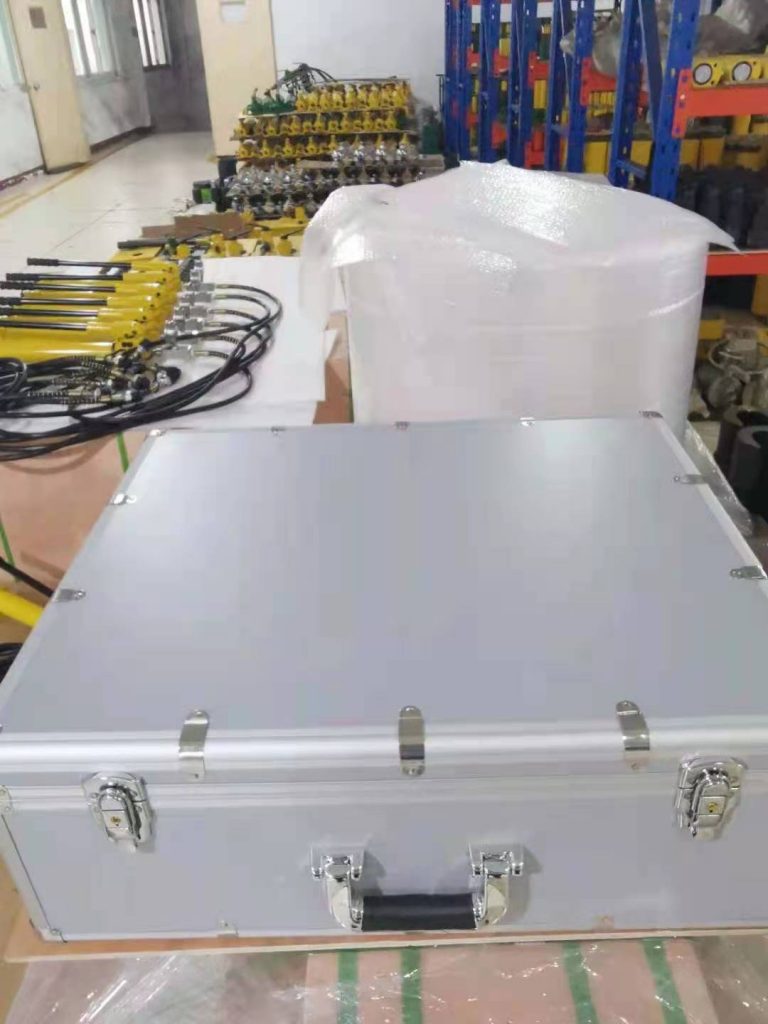To sign up for our daily email newsletter, CLICK HERE
Pancake hydraulic cylinder gives a lot of signs beforehand if it is about to go out. Some people choose to ignore them at their own risk while the smart ones know what to look out for. But don’t worry, even if you don’t know what signs to look out for in a hydraulic cylinder that’s about to go bad because that’s the exact thing discussed in this article today.
So, without any further ado, let us get straight to the point.
Loud Banging Noises.
Aeration causes a significant problem for a hydraulic cylinder. That too in various ways. The most notable one is when the cylinder makes considerable banging noise. This happens when air gets into the cavity and causes banging or knocking noise during compression and decompression when in circulation.
Air gets inside the cylinder from the pump’s inlet. The intake lines get porous over time and thus lets the air in. Intake lines should be maintained and checked from time to time to check if the fittings are all tight. When the inlet pipes get porous, they should be changed for new ones.
Another cause for such noises is Cavitation. This phenomenon is related to aeration. What happens, in this case, is that enough fluid cannot reach any part of the hydraulic circuit. This, in turn, causes the pressure to drop so low that the liquid vaporizes. When the pressure rises again, the vapour implodes on itself and causes loud sounds.
Cavitation has a harmful effect on the hydraulic cylinder. It can contaminate the fluid and damage other parts, and break down seals. This all happens because Cavitation causes metal erosion. In the long run, it may even cause mechanical failure of the machinery. Cavitation mainly occurs at the pump. A clogged inlet line is a cause of this.
Loss of Smooth Movements.
If your pancake hydraulic cylinder is not having smooth movements, it means that there’s something wrong with it. Juddering or jerking movements are generally caused by physical damage. This may include bending of the piston, insufficient lubrication, damaged seals, etc.
It requires more energy than before.
Uneven heating and slow operation of the cylinder compared to before is another sign that your hydraulic is not in a good shape. This occurs if the internal friction increases in the cylinder. Leakage is another factor that can cause this issue.
Consequently, this causes more loss of energy which manifests itself as high power bills.
Heating up of the fluid.
High temperatures of the hydraulic fluid are a negative indication. This affects the machine and reduces its performance. The hydraulic cylinder stops working at optimal levels. It is to be expected for a hydraulic cylinder to heat up, but temperatures above 180F ( 82C) are not normal. Continuous running of the cylinder at these high temperatures can cause the machine to break down and stop working.
High fluid temperature is caused by factors that reduce the cylinder’s capacity to dissipate heat or increase the heat load of the cylinder. This can include factors like contaminated hydraulic fluid. Or having low fluid levels. There also might be too long a flow of oil in the relief valve. Another factor that causes this condition is the worn-out components of the machine.
As heat is released through a reservoir, the reservoir fluid level should be checked. And make sure that there is no hindrance to airflow around the heat reservoir.
Slowing down of the actuator.
If the cylinder slows down or takes a long time to operate, it is a sign of wear and tear. Internal friction and internal leakage are the culprits in this case too. And due to internal leakage, the cylinder takes more time to build up the required pressure. While increasing the power seems like a solution, all it does is mask the actual problem.
If this issue is not addressed, the performance of the cylinder will keep declining till it comes to a stage where it is inoperable.
Conclusion.
As you can see, a hydraulic cylinder never fails without warning. Keep a lookout for these signs, and maintenance from time to time will keep your Pancake Hydraulic Cylinder up and running.
